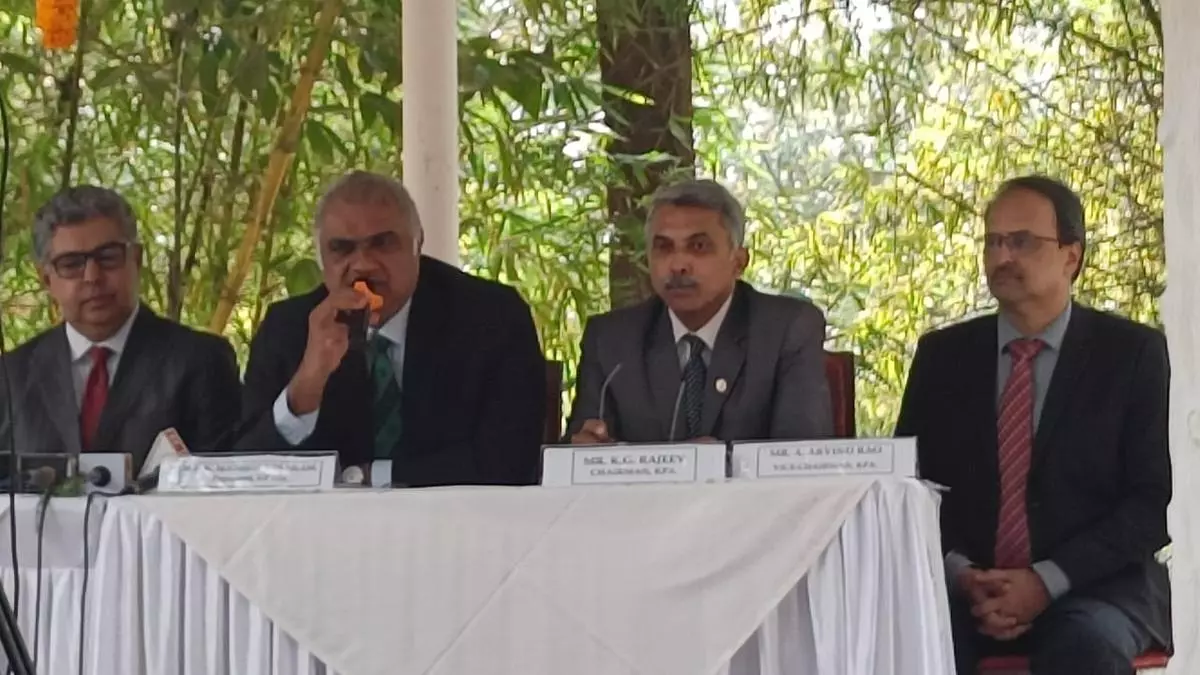Indian growers expect coffee prices to stay firm in near-term
Indian coffee growers expect prices to be firm in the near term on tight global supplies. They feel that prices need to be stable for about 4-5 years for them to repay their debts, overcome the losses suffered over the past 15 years and kickstart the investment process.
Ahead of the 66th Annual General Meeting of the Karnataka Planters Association, growers said the uptrend in prices being witnessed over the past year is helping them but not enough to recoup their losses. Karnataka, the largest producer of coffee, accounts for about 70 per cent of the country’s output of around 3.5 lakh tonnes.
“We need stable prices over 4-5 years to enable us to repay all the debts accrued over the past 15 years,” said Sahadev Balakrishna, Chairman of UPASI Coffee Committee. Growers have faced hard times over the past 15 years on low prices and high costs fuelled by rising wages amidst dwindling yields impacted by the changing climatic pattern.
Robustas rise the most
Ajoy Thipaiah, Vice President, Upasi, said prices are expected to stay firm in the near-term on fall in certified stocks and tight supplies from key producers such as Brazil and Vietnam among others due to weather vagaries. Also the impact of excess rains on the Indian crop is expected to help keep prices firm.
Domestic coffee prices, mainly the widely grown variety of robustas have witnessed an increase of 36 to 48 per cent during the January-June period this year compared with the same period last year, as per the Coffee Board data. However, arabica prices have moved up in the range of 2.3 per cent to 7.7 per cent during this period.
Robusta parchment AB prices have moved up to an average of ₹368.71 per kg during the January-June 2024 period compared with ₹271.67 per kg in the same period a year ago. Robusta cherry AB prices have moved up by about 48 per cent to ₹372.89 per kg as compared with an average of ₹252.72 per kg.
EUDR norms
KG Rajeev, Chairman, Karnataka Planters Association (KPA), said the plantation industry faced multi-faceted challenges such as rising costs, climate changes, labour shortage, lack of modernisation, disease and pest outbreaks and rise in man-animal conflicts.
Commenting on the proposed European Union Deforestation Regulation (EUDR) norms, Rajeev said the government should support the plantation industry by highlighting the fact that the coffee in India is shade grown and has several advantages in terms of EUDR compliance.
Rajeev, further sought government support to sustain the plantation industry in terms of tax exemptions for expenses related to development, sustainable practices and infrastructure development. He also said that representation has been made to the Finance Ministry to exclude plantations from CIBIL as plantations are agriculture in nature.
